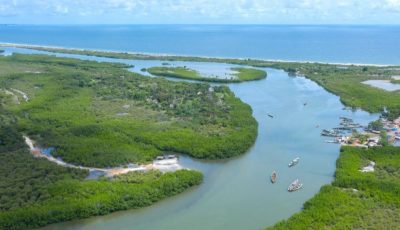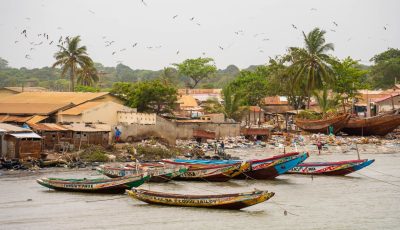
National Action Plan to end plastic pollution in The Gambia
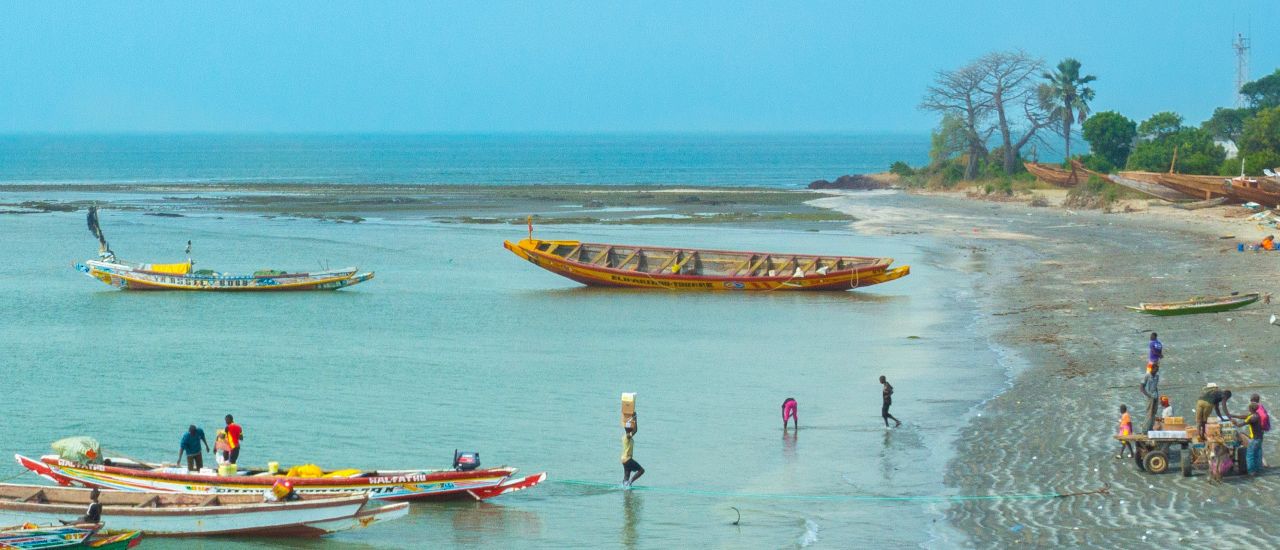

In The Gambia, it’s impossible not to feel the rhythm of the sea. The country is named after the river that flows through its heart, carrying life – and plastic – out to the Atlantic Ocean.
With a population that relies on farming, fishing, and tourism, the river and sea give a great deal, but they also receive the waste of everyday life. In The Gambia, plastic pollution isn’t just a nuisance. It’s a threat to food, livelihoods, and identity.
They call it the Smiling Coast of Africa – and no wonder. The coast feels so inviting with its calm waves and cool breeze. But the reality is that plastics are accumulating on this Smiling Coast. It surely doesn’t deserve this – it deserves a thriving future.
Plastic pollution in The Gambia
22,800 tonnes
of plastic waste generated per year, equivalent to 8.45kg per person
75.4%
of all plastic waste generated enters the land or water
95,000 tonnes
of plastic pollution will enter the sea by 2033
Five strategies to reduce plastic pollution by 85% over ten years
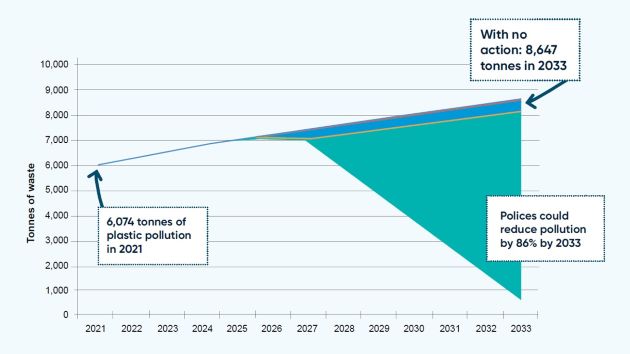
- Eradicate single-use plastic carrier bags
- Tackle other plastic bags, including water bags
- Tackle single-use plastic bottles
- Tackle ‘on-the-go’ food and drink plastic packaging
- Improve solid waste collection and management
Launching the National Action Plan
"Our willingness to undertake the actions outlined in this action plan is a clear indication of the high priority we place on the reduction, and eventual elimination, of plastic pollution and the effective management of plastic waste."
H.E. Adama Barrow President of The Republic of The Gambia
Our partners in The Gambia
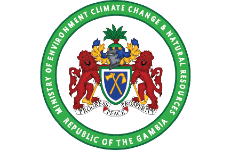
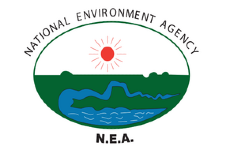
News and resources


National Action Plan to end plastic pollution in The Gambia
Download (6.3 MB)